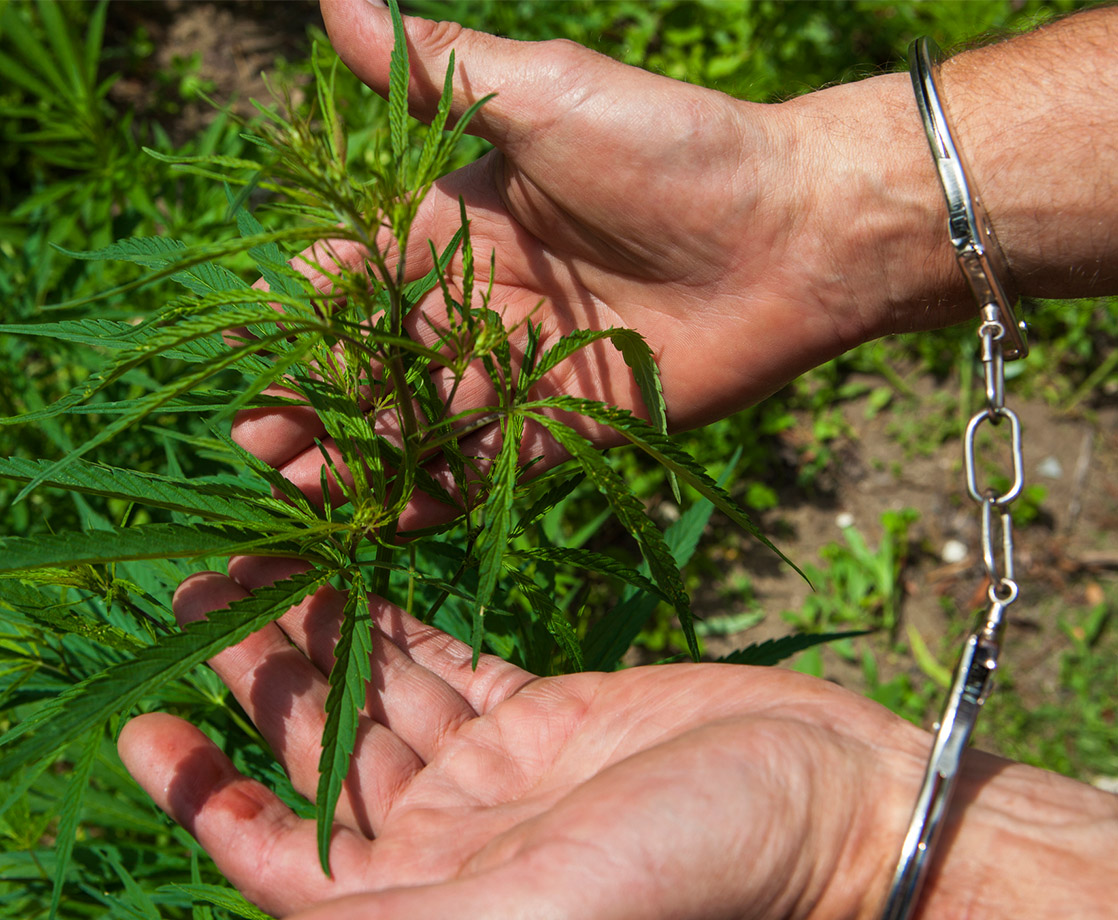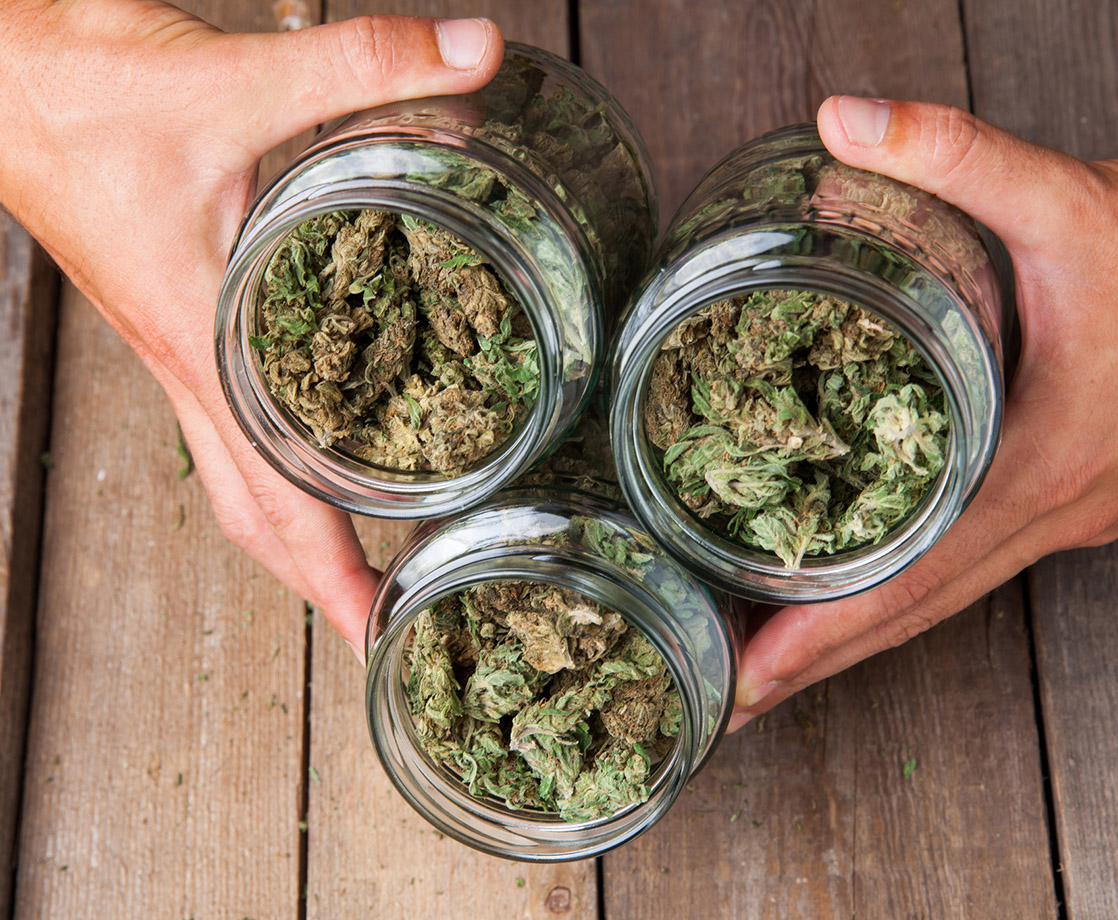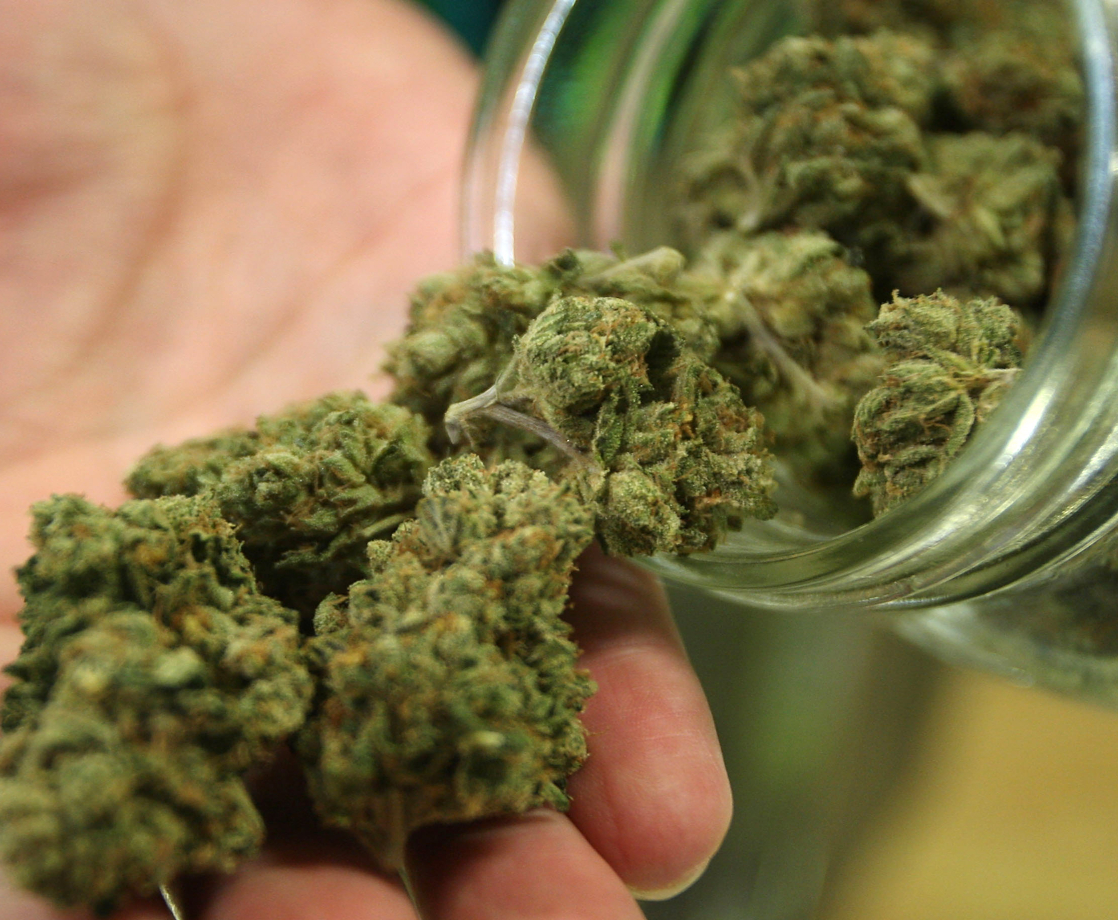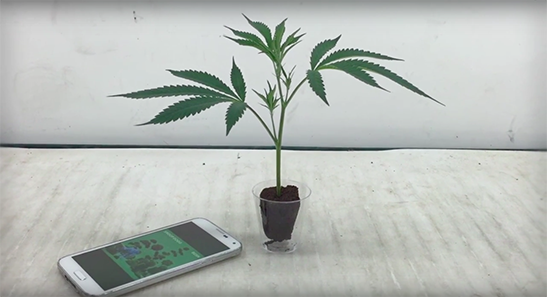On the West Coast, legislators have been working to enact social justice reform by giving individuals who were previously convicted of cannabis-related crimes to clear their records. California's Proposition 64 allows anyone with cannabis convictions to apply to have their records cleared, and several West Coast cities — from San Diego to Seattle — have even gone so far as to automatically clear former convictions. Last year, Colorado passed a bill allowing those convicted of pot misdemeanors to apply to have their records cleared, and Oregon is considering a similar bill, as well.
As the wave of legalization spreads east, politicians in several East Coast states are also beginning to consider ways to right the wrongs of prohibition. New Jersey Governor Phil Murphy, who has promised to legalize recreational weed in the Garden State this year, is considering using his executive powers to pardon former cannabis offenders. And in neighboring Pennsylvania, legislators have proposed a new bill that would allow anyone to clear a former cannabis offense if they can prove that they were using marijuana for medical purposes.
Gov. Murphy has been pushing his state's Legislature to advance a bill to legalize taxed and regulated cannabis sales this year, but lawmakers have so far been reticent to embrace the concept of legal weed. Murphy said that his primary motivation for legalizing is to correct the "social injustice" caused by the decades-long War on Drugs, which disproportionately targeted minorities and low-income individuals.
In 2016, nearly 36,000 people were arrested in New Jersey for marijuana possession or distribution, the third-highest rate of pot busts in the country that year. Despite the governor's push for justice, the issue of clearing former offenders' criminal records has not been a major topic of legislative debate. In a recent interview with The Record and NorthJersey.com, reporters asked Murphy whether he would consider speeding up the process by directly pardoning nonviolent marijuana offenders.
"It's something that I think is a very fair point," Murphy responded. "I would not say no to that." Beyond that, the governor said he was unsure how many pardons he would consider, or when. Although it is beyond the governor's scope to pardon each and every cannabis offender, Murphy could influence lawmakers to consider including social justice reform in their legalization bill by pardoning a select number of former offenders. Murphy could also create a panel of legislators, attorneys, and activists that could brainstorm the best possible way to clear former offenders' convictions.
In Pennsylvania, state Senator Daylin Leach proposed a new bill that would also allow some, but not all, former pot offenders to clear their records. Senate Bill 1160 would allow anyone convicted of pot possession before February 15th, the date that medical cannabis became legal in the state, to clear their records — but only if they can prove that they were using the drug for medical, not recreational reasons. Anyone applying for expungement would be required to demonstrate that they had been diagnosed with one of the current qualifying conditions for medical cannabis prior to the charge.
"It is cruel to punish people simply because they were using medicine to try to make themselves feel better for a condition that the Legislature has now approved the use of medical marijuana for," Leach said in a statement, the Tribune-Review reports. "This will give people the opportunity to go to court and prove they do not deserve to have a criminal record." So far, the bill does not have bipartisan support, and it is uncertain whether it has a chance of passing the Republican-dominated legislature.











